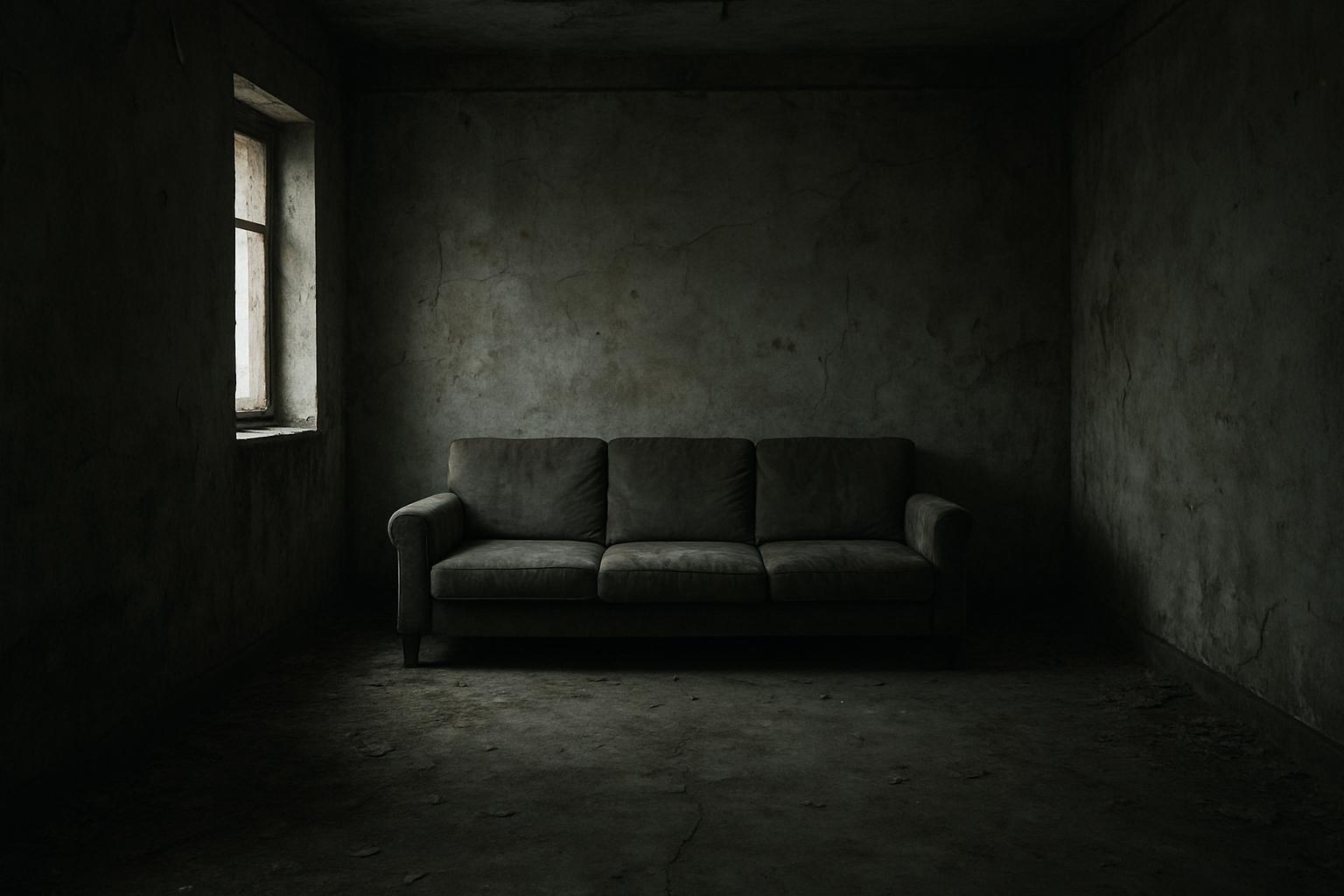Homes without living rooms are increasingly becoming a reality for renters, particularly those facing financial pressures amid rising living costs and limited housing availability. According to data from flat-sharing website SpareRoom, nearly a third of homes advertised in the first half of the year did not have a living room. This trend is even more pronounced in London, where 41% of shared home adverts lacked a communal lounge area. As landlords convert lounges into additional bedrooms to accommodate more tenants and meet the demand, many renters find themselves living and working within the confines of a single room, raising concerns about social isolation and mental well-being.
The conversion of living rooms into bedrooms appears to be primarily landlord-driven. A recent SpareRoom survey found that nearly half of renters in shared homes reported their living room had been turned into a bedroom, with 80% indicating this change was initiated by landlords. For landlords, this strategy helps manage the financial strain of higher mortgage repayments and other increased costs by potentially increasing total rental income, even if individual tenants pay less because rent is divided among more residents.
While this arrangement may offer short-term cost savings for renters like Ella Murray, a 22-year-old Londoner sharing a flat with three others who collectively pay £3,000 a month, it also comes with trade-offs. Ella acknowledged that their home lacks a living room, and much of their socialising takes place around the kitchen table. She noted that having a living room would likely encourage more home-based social interaction, but financial constraints and availability make the status quo necessary. This is commonly echoed by others, such as 26-year-old Hannah Carney, who has never rented a property with a living room since moving out at 18. She lamented the absence of a communal “chill place” and pointed out that the lack of such spaces often results in higher spending on social activities outside the home, countering what might seem like an economical decision.
The mental health implications are notable. The SpareRoom survey revealed 44% of renters believed the absence of a living room had negatively affected their mental health. The reduction of communal social spaces in homes threatens the opportunities for interaction and connection that can alleviate loneliness. Matt Hutchinson, director at SpareRoom, reflected on the importance of communal spaces in fostering friendships, partnerships, and even supporting new business ventures, suggesting that their decline may exacerbate the already concerning trend of social isolation.
The rental market’s dynamics further complicate the issue. Official figures show that average UK private rents rose by 5.5% in the year to September, with rental properties receiving high demand—Rightmove data indicates there are on average 10 prospective tenants for every available property. In markets like London and Birmingham, the proportion of homes advertised without a living room has grown over recent years, signalling a long-term shift in the nature of rented accommodation. For many young professionals not earning significantly above the average wage, such compromises on communal living spaces increasingly define their housing experience.
Despite recognising these challenges, some renters appear willing to sacrifice communal areas for savings. The SpareRoom survey found that 36% of respondents would trade access to a living room if it meant lower rent payments. This highlights the tightrope renters walk between affordability and quality of life.
The trend of losing living rooms to bedrooms in rental properties underscores broader affordability and supply challenges in today’s housing market, where landlords and tenants alike navigate conflicting pressures. While it may provide some financial relief, it carries social and mental health costs that are raising concern among renters and housing experts alike.
📌 Reference Map:
- Paragraph 1 – [1] (BBC News), [2] (SpareRoom)
- Paragraph 2 – [2] (SpareRoom)
- Paragraph 3 – [1] (BBC News)
- Paragraph 4 – [1] (BBC News)
- Paragraph 5 – [2] (SpareRoom), [1] (BBC News)
- Paragraph 6 – [1] (BBC News), [2] (SpareRoom)
- Paragraph 7 – [1] (BBC News), [2] (SpareRoom)
Source: Noah Wire Services
